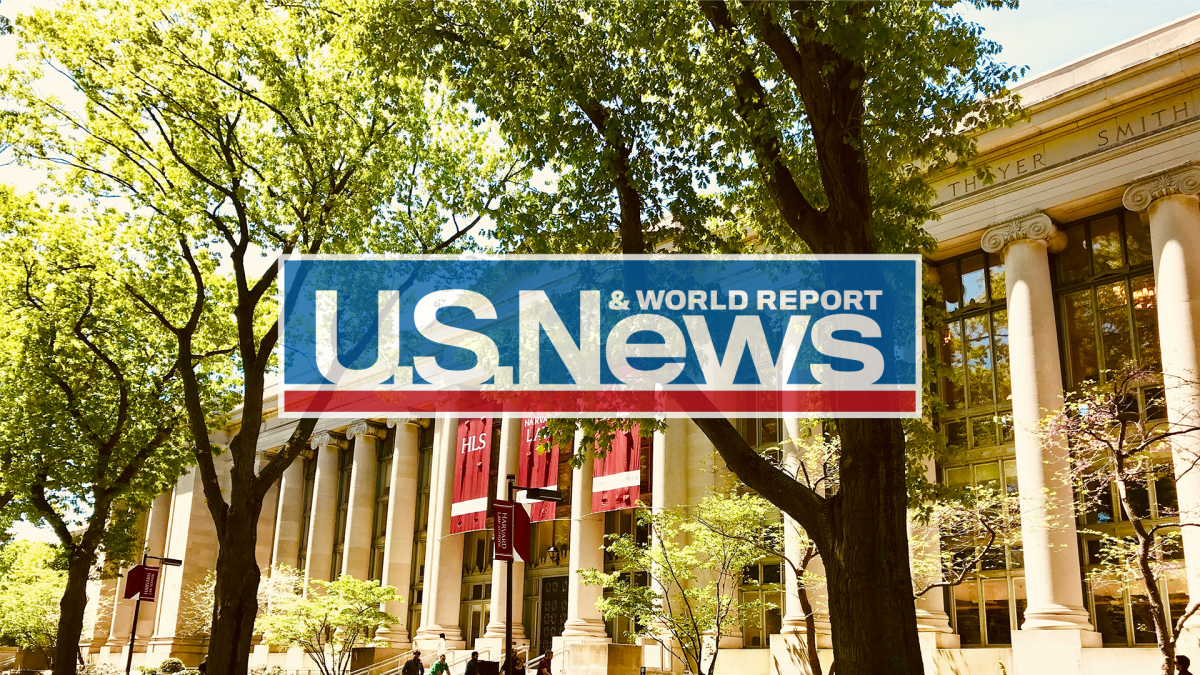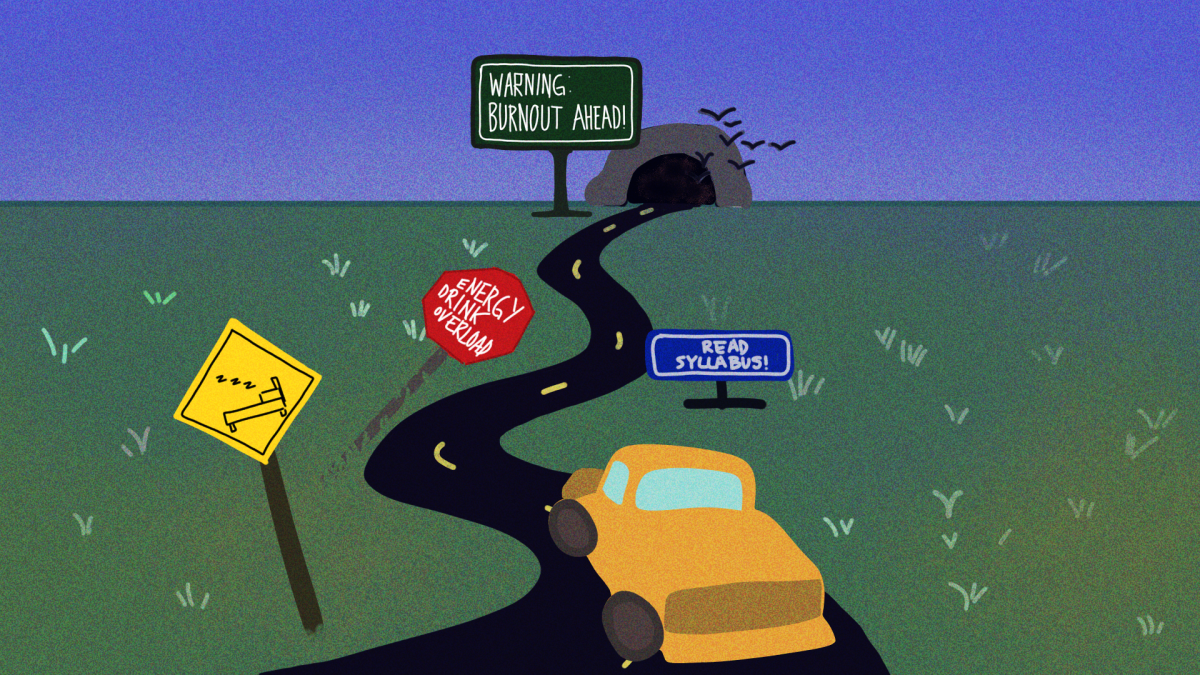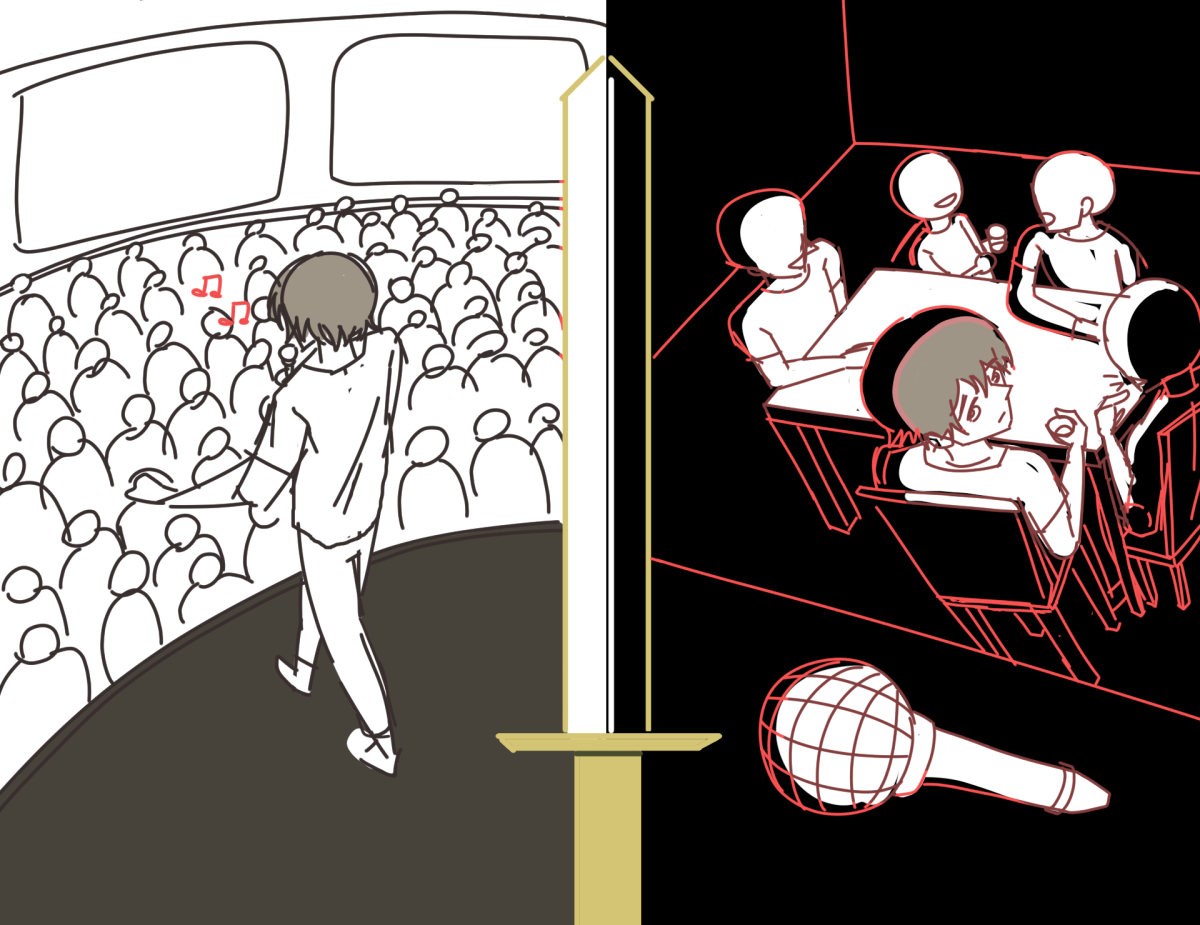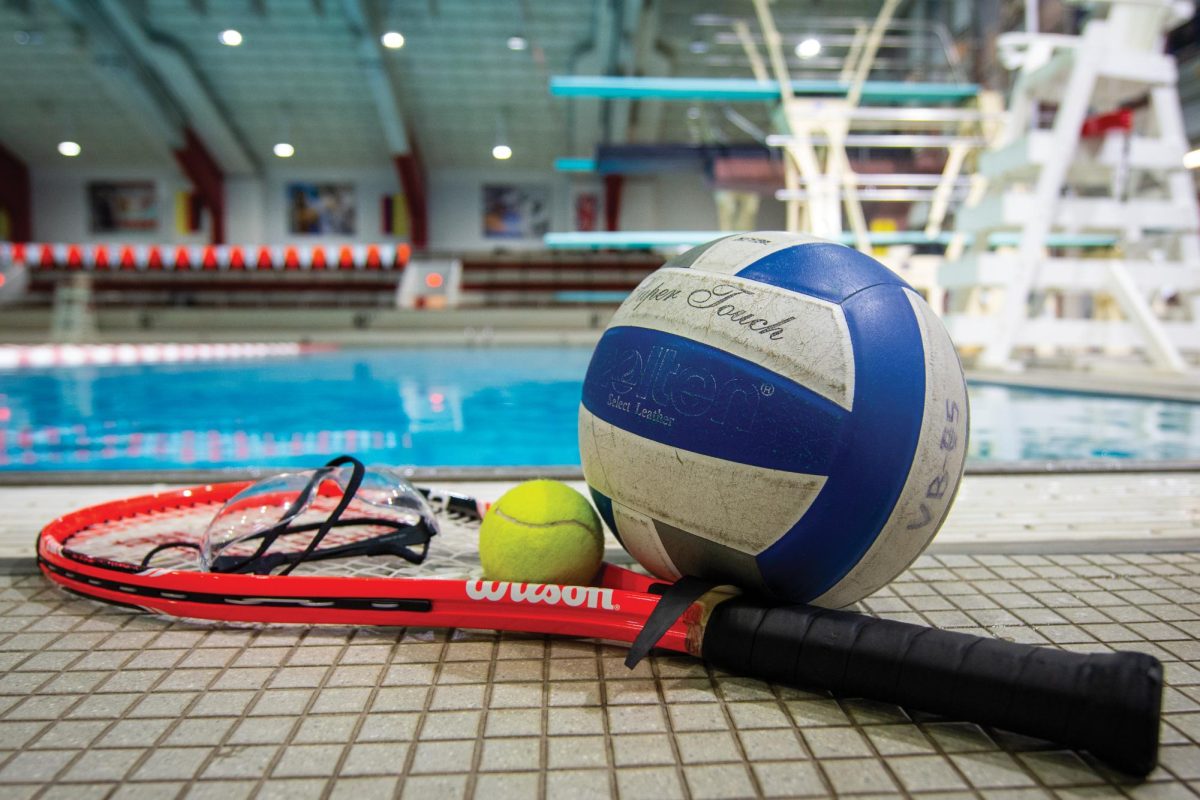Twenty-one million Americans are currently at risk of not being able to vote in the general election on Nov. 8. This election year, 17 states are requiring, by law, some sort of identification at the polls, and 11 of those are requiring photo IDs.
According to the Brennan Center for Social Justice, about 11 percent of the U.S. population does not have a valid form of identification, preventing them from voting in our elections. These are millions of people who are contributing to the economy, adhering to U.S. laws, sending children to American schools, paying taxes and, yet, they are unable to have a say in who runs their country.
Alarmingly, voter ID laws disproportionately affect minorities, who are less likely to have the correct identification to vote. It’s been proven time and time again that senior citizens, students, racial and ethnic minorities, voters with disabilities and low-income voters are less likely to have a valid form of ID than the general public, and these groups are often democratic-leaning constituents, which could alter the outcome of elections.
A study conducted by political science students at the University of California at San Diego found that there was a significant drop in minority turnout at the polls as a result of these strict voter ID laws. The study found that “by instituting strict photo ID laws, states could minimize the influence of voters on the left and could dramatically alter the political leaning of the electorate.”
Further, election experts say that it can be extremely difficult for citizens to attain proper photo ID cards. One of the many reasons people may not have a valid form of identification is because they were born in homes and not hospitals, complicating how they later acquired their birth certificates. Often, the birth certificates have gotten lost or their names were misspelled on them. Therefore, people who have been voting for years have found themselves unable to vote in this election. Because acquiring IDs requires so much effort and money, many potential voters give up and do not make it to the polls.
The proponents of these laws, largely republicans, state that it is an effective way of combating voter fraud. However, the existence of voter fraud as a problem in the U.S. has not been proven by credible sources, according to the American Civil Liberties Union. Nevertheless, this law is still in effect in many states and one former republican staffer testified that many republican legislators were “giddy” that the law may suppress the democratic vote.
Texas has one of the most stringent voter ID laws in the country, and the legality of this law is questionable. Over 600,000, or 4.5 percent, of all registered voters in Texas currently do not have the proper identification to vote in November. Furthermore, Texans can use their concealed handgun licenses to vote, but not their university student IDs. The U.S. Department of Justice and several civil rights groups are suing the state of Texas because this law; meanwhile, Texas officials say they are not able to find anyone “who would face a substantial obstacle to voting.” The Texas voting law went into effect in 2013 and will remain in place for this coming election.
Even in our home state of North Carolina, voter ID laws have reared their nasty head. In August of 2013, House Bill 589, the Voter Identification Verification Act, was signed into law by Gov. Pat McCrory. Among other things, the law required “every qualified voter voting in person…(to) present photo identification.” Recently, however, North Carolina republicans’ presentation of this as a “common sense” law that protects against voter fraud has been called into question by comments made by two GOP officials. North Carolina’s GOP executive director, Dallas Woodhouse, advocated for making early voting more difficult with “party line” rules. Also, according to The News & Observer, the chair of the GOP’s 1st Congressional District, Garry Terry, said the Board of Elections run by the GOP should restrict early voting and also Sunday voting, which is targeted at many African-Americans, who often vote democrat and vote from their churches. The discovery of these memos by Woodhouse and Terry make it hard to deny the suppressive intention of the voting law.
Partly because of these comments, North Carolina’s law was challenged in a federal appeals court and later struck down the law, arguing that the law’s provisions deliberately “target African-Americans with almost surgical precision.” Three weeks ago, on Aug. 31, the Supreme Court upheld the lower court’s decision in a split 4-4 decision. Thankfully, the courts understood that North Carolina’s law was more about voter disenfranchisement than fraud and North Carolinians will not be required to show a photo ID come November.
However, these laws still speak to the far-reaching and negative effects voter ID requirements can have. The suppression caused by these laws goes against Americans’ fundamental right to vote, a right that is protected by the most constitutional amendments. Voting is one of the most important rights we enjoy as citizens, and yet many Americans are not being allowed to exercise it.
Instead of creating barriers that make it more difficult for Americans to vote, elected officials should be finding ways to encourage more eligible individuals to go to the polls and ensure that every vote counts.







